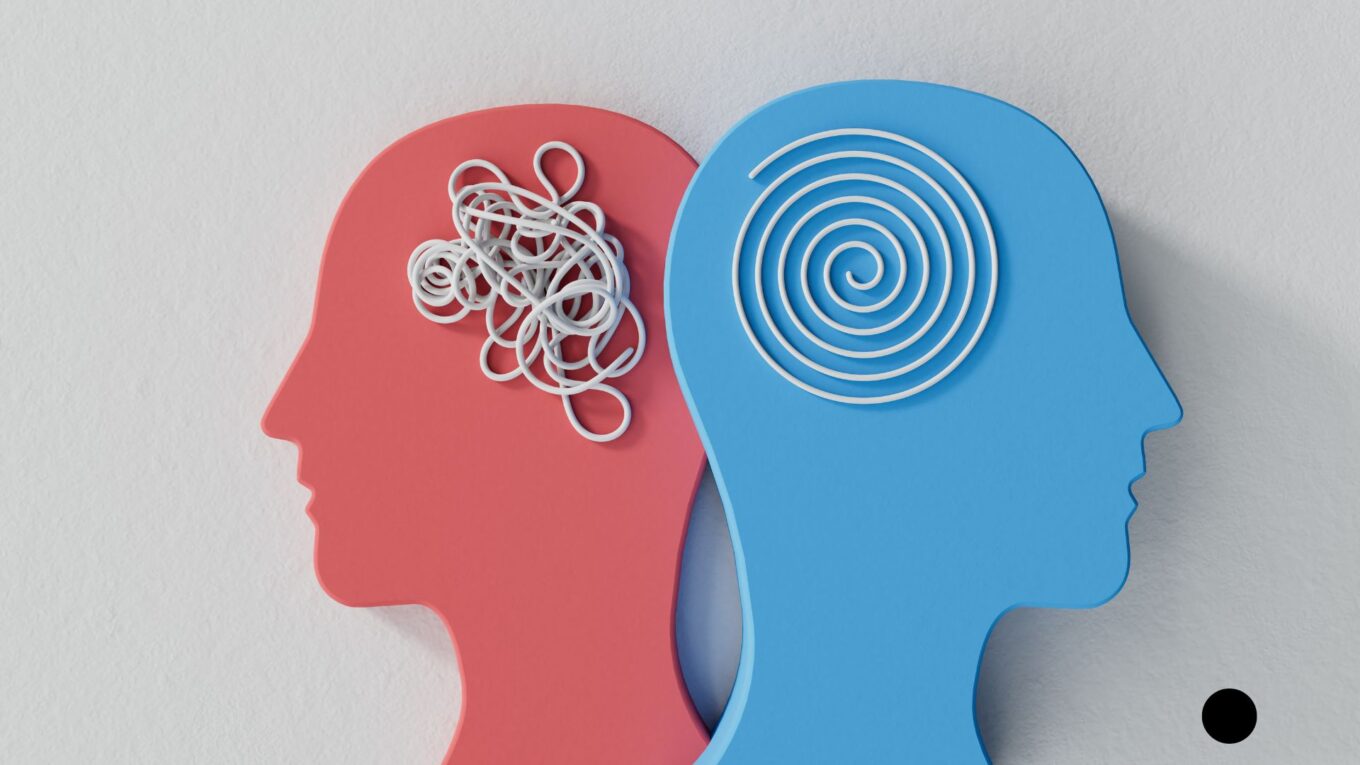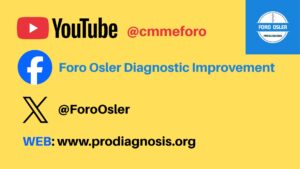Diagnostic error in mental health: a review (1)
Comment to the article by Bradford A, Meyer AND, Khan S, et al. BMJ Qual Saf. doi: 10.1136/bmjqs-2023-016996
Introduction
The knowledge about the problem of diagnostic error (DE) in mental health practice is scarce for different reasons. The authors of the paper referred to here explain that there is not a clear definition of DE in this field. They selected a definition taken from a book of psychiatry based on a work by Cullen et al (2), where the author considers not only misdiagnosing a psychiatry diagnosis, but also a physical illness.
Measuring Diagnostic Error
The authors expose the difficulty of the measure in this field, due to a lack of a uniform definition of DE and the different designs of the studies, to allow a proper comparison. They introduce the concept of discrepancy between a clinician working alone and a team, as an expression of missed diagnoses. They summarize in a table some approaches to identifying diagnostic error.
Diagnosis-specific pitfalls
The article is very interesting and really practical because enumerates a list of conditions that can be easily misdiagnosed, such as:
Anxiety disorders. This condition can be missed by clinicians, especially in children and adolescents.
Attention deficit hyperactivity disorder. Evidence of racial and ethnic disparities.
Autism spectrum disorder. Later diagnosis associated with female gender.
Mood disorders. Missed and delayed diagnoses associated with bipolar disorder.
Schizophrenia. An initial diagnosis of schizophrenia changes after a second assessment in a short period of time in a significant percentage.
Intervention to reduce diagnostic error in mental health
The authors discuss the possible role for cognitive interventions to improve clinician performance, the use of checklists, and also the value of integrating other professionals such as nurses or behavioural health professionals to improve diagnostic accuracy working as a team. The work about “debiasing” has been implemented with vignettes, but it does not seem to be a clear way to improve the outcome.
Why is a correct diagnosis in the mental health field so difficult? A personal opinion
In my opinion, one of the reasons for a possible wrong diagnosis in psychiatry is associated with the different aspects of communication in this type of patient. Symptoms can change in a short period of time, or the family can have other interpretations of the situation. Moreover, the frontier between a symptom associated with a physical problem and a mental condition can be almost impossible to differentiate. Also comorbidities are usually present in these patients, and it is very difficult to associate the problem of the patient with his or her mental status or with the physical problem.
Conclusion
The problem of misdiagnosis is important in the field of psychiatry. The first diagnosis can be changed to another one in a second visit, not a rare condition when there is a clinical team with different professionals working together. The real challenge many times is to differentiate between symptoms associated with a physical condition or comorbidity, or associated with the mental problem.
Author: Dr. Lorenzo Alonso Carrión
Bibliography
- Bradford A, Meyer AND, Khan S, et al. Diagnostic error in mental health: a review. BMJ Qual Saf. doi: 10.1136/bmjqs-2023-016996
- Cullen SW, Nath SB, Marcus SC. Toward understanding errors in inpatient psychiatry: a qualitative inquiry. PsychiatrQ 2010; 81: 197-205




